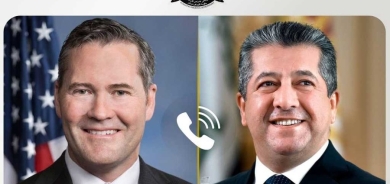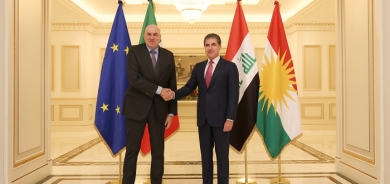World Bank Applauds Progress in Iraq’s Education Sector, Calls for Sustained Investment

The World Bank has commended Iraq for substantial advancements in its education sector, which have benefited more than 135,000 students across the country. In a recent report, the bank highlighted the success of targeted investments and development programs aimed at improving education quality, infrastructure, and teacher training—particularly in regions impacted by years of conflict.
Between 2020 and 2023, the World Bank-backed “Emergency Operation for Development” project has enabled Iraq to construct 26 modern schools in conflict-affected areas, providing enhanced learning environments for over 10,000 students. This project, funded through a $750 million loan, allocated $35 million specifically to education improvements. In addition to new infrastructure, the initiative has provided training for over 5,000 teachers in areas such as literacy, numeracy, and advanced teaching methods, a key step towards raising educational standards across Iraq.
Furthering its support, the World Bank collaborated with Iraq’s Ministry of Education to establish a digital infrastructure for better data management and planning, aligning with Iraq’s National Education Strategy (2022–2031). This ambitious strategy prioritizes expanding access to quality education and modernizing teaching approaches throughout the country.
Despite these achievements, Iraq’s education system continues to face significant challenges. The Ministry of Education estimates that an additional 10,000 schools are needed to meet the current demand. Many schools are forced to operate on double or even triple shifts, which limits students to approximately four hours of instruction per day—a restriction that experts say hinders learning outcomes.
The report attributes these gaps to prolonged conflict and years of underinvestment, which have left Iraq’s education infrastructure strained. In collaboration with international partners such as UNICEF, UNESCO, and the Iraqi federal government, the World Bank is working to implement the National Education Strategy, which seeks to provide quality education for all Iraqi children. However, bridging the infrastructure gap and improving learning conditions will require substantial and sustained funding commitments.
As Iraq undertakes these reforms, the support of international organizations and local stakeholders is establishing a foundation for long-term progress. According to the World Bank, these combined efforts are critical to empowering Iraq’s next generation and advancing the nation’s development goals.













